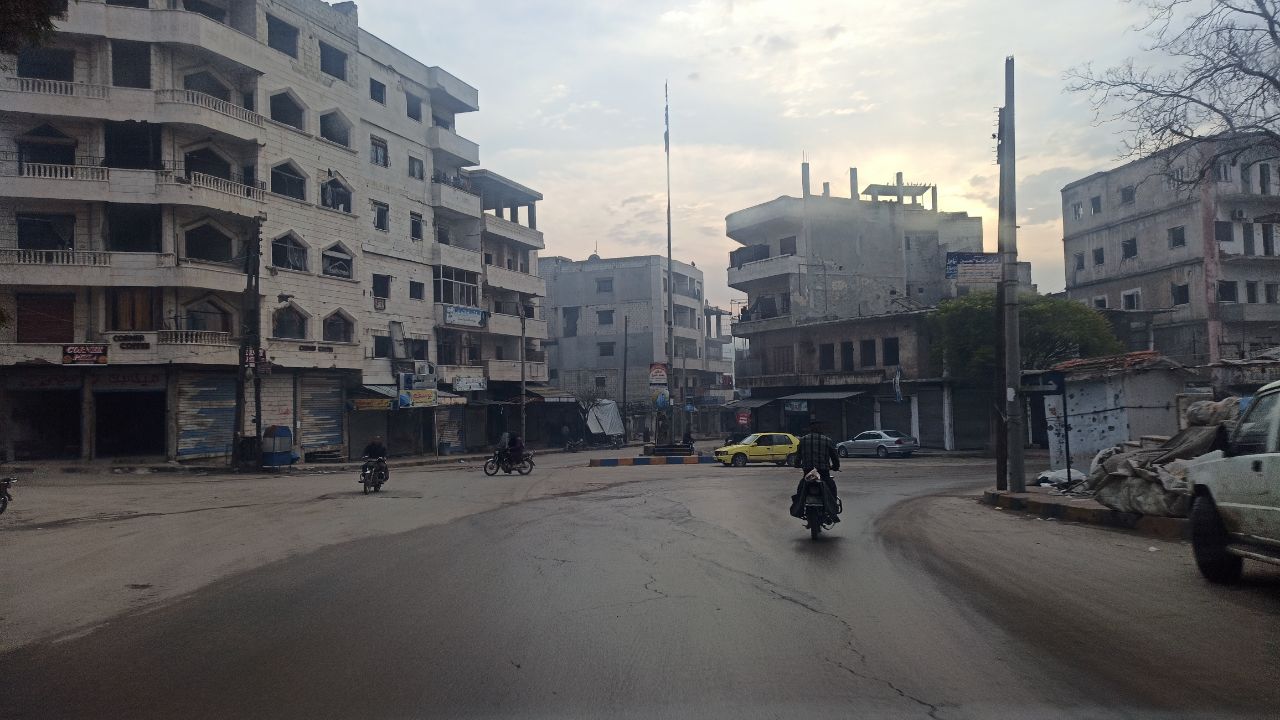IDLIB, Syria (North Press) – Negotiation Committee and the opposition Syrian National Coalition (SNC) will not reach results during the meetings of Astana Peace Talks under the auspice of the guarantor states [Russia, Iran and Turkey] because those countries care only about their interests by prolonging the crisis, residents of Idlib, northwest Syria.
The 16 previous rounds of Astana talks, which started in 2017, have failed to reach a political solution in Syria. Additionally, the guarantor countries failed to adhere to the issued decisions on de-escalation and ceasefire.
On December 21 and 22, the 17th round of Astana talks was held in the Kazakh capital, Nur-Sultan, with the participation of Iran, Russia and Turkey in addition to delegations of the Syrian government, the opposition and the UN.
Meanwhile, representatives of Lebanon, Iraq and Jordan in addition to representatives of international organizations participated as observers.
During the final statement, the participants touched on the Constitutional Committee, terrorism and humanitarian issues.
A meeting is scheduled to be held in Tehran in early 2022 bringing to gather ministers of foreign affairs of the guarantor countries.
Meetings of representatives of some platforms of the opposition in Astana talks are useless since “they are attempts to circumvent the Security Council resolutions, UN and Geneva agreement on Syria whereas Russia, currently, is seeking to disrupt Geneva talks and prolong the Syrian issue through details and delays,” Muhammad al-Janoubi, a pseudonym for a journalist of Idlib, said.
“Russia’s goal is to bury any political solution as it did when provided military support to the regime,” he added.
“The SNC, which started as an opponent entity to the Syrian regime, has catastrophically failed to organize its inner ranks and issues related to areas under its control, so that many people lost trust in it,” he noted.
“Any political track that is not included in Geneva talks and any political action away from UN platforms and decisions related to Syria will not reach results but will give chances to the regime to tighten screw more on the areas out of its control,” al-Janoubi said.
As for the civil activist of Idlib, Ali al-Ali, he described the Astana meetings as senseless “since everyone knows the results and the international parties currently seem to agree that ties between the opposition and the regime should be calm this period under Russian-Turkish guarantee.”
“SNC is still a part of the Syrian revolution, but it does not represent or does not try to represent it at the current stage,” al-Ali said.
The Syrian people and the international community lost confidence in the SNC due to fragmentation and internal separations that it suffers from “and according to people, it operates for the sake of salaries,” according to al-Ali.
During the last round of Astana talks, the SNC delegation attributed the greatest importance to the detainees issue, according to agencies cited Ahmad Tohme, head of the opposition delegation in Astana.
Syrians, who attend the Astana meetings, cannot take the helm in those meetings because the guarantor countries of the parties to the Syrian conflict are the one to run them, the 29-year-old university students, Khaled Abdurrahman, said.
“These meetings are launched to gain time and prolong the current state of no war and no peace,” he added.
The guarantor countries try to gain political cards to use them in other places and countries for the sake of common interests including the Russian gas, relations among NATO members, and refugees, according to Abdurrahman.
These issues have nothing to do with the Syrian people, “but they use them as cards and pawns,” he noted.
These meetings may bear positive impacts “in case the influential parties decide this without waiting for the Syrians to agree up on a compromise,” he said.

